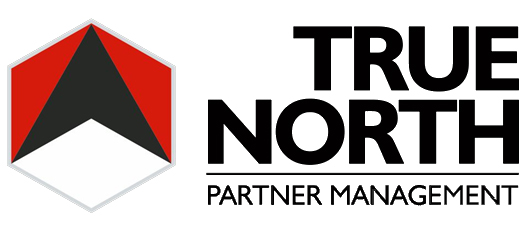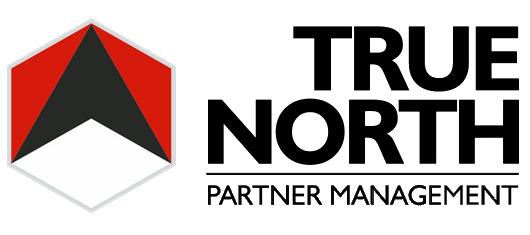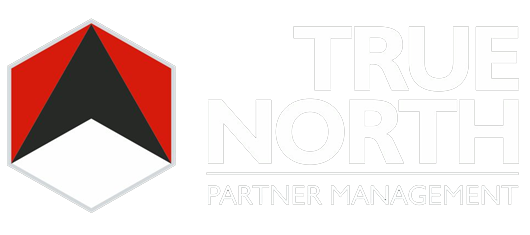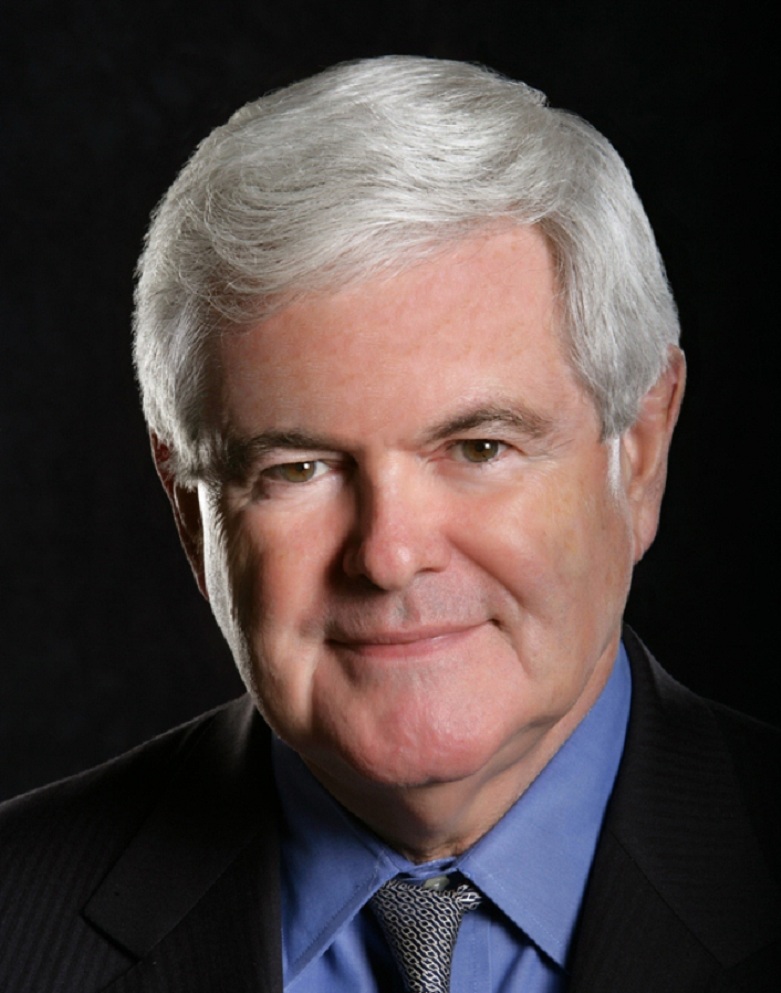The following post originally appeared on Forbes | September 8, 2015
As the world gets smaller and industry gets bigger, playing fields that were miles and leagues apart are closing in on each other, commingling competitors of all shapes and sizes. A major bank loses a real estate development opportunity to crowdfunding; A Wisconsin-based electrical engineering company loses a major job to India; A hospital in Cincinnati loses a potential merger partner to a Chinese healthcare system. From your local mom-and-pop shops to the largest multinationals, foreign competition and/or investment is at their doorstep. And as access to this ever-leveling landscape grows, so does the size and density of the regulatory environment.
Now, here’s the thing about regulations: In a vacuum, you need only to understand their legal aspects to navigate them. In the real world, however, it is equally important to understand the politics, relationships, cultural nuances, and more, that surround them if you are to effectively work within them. This is especially so in less-than-ethical geographies – see Transparency International’s Corruption Perceptions Index for examples.
Balancing the objective and subjective qualities of the regulatory environment is a high-wire act that all major multinationals wrestle with; a point not lost on Dentons, as, in May of this year they brought on Newt Gingrich, former U.S. speaker of the House of Representatives and U.S. presidential candidate. The former speaker will act in the role of senior advisor in the firm’s public policy and regulation practice. I caught up with Mr. Gingrich to get his views on, among other things, globalization, the global economy, and the current regulatory environment. See a condensed version of our exchange below:
On A Future Snapshot Of The Global Economy
Parnell: Looking at the global economy, what countries do you believe are going to be the most influential 10 years from now?
Gingrich: I would say the most influential will be the U.S., China, India, and Germany, in that order. The Chinese are gradually coming to rival [the U.S.] — although not in GDP at a per capita level — but they are a big economy. I think they’re going to have some tummy aches in the coming years, but they are still a big economy. And they are going to import so much, and be so deeply involved in the world markets that they are going to clearly be a major driving force. At the same time, if [Narendra] Modi’s reforms catch hold in India — India has lagged in its potential economic development — It could be a lot more like China. But for a variety of cultural and structural reasons it hasn’t quite reached the takeoff point. Modi is trying very hard to do for the whole country what he did for Gujarat, which was a dramatic modernization of the economy.
Now, if he pulls that off, just the sheer scale of these two countries – you have 1.3 billion people in China, and India will probably pass China in their population at some point in the next decade – that is just so many human beings at a time when the information age means that people matter. Having lots of smart people is a huge advantage.
Meanwhile, you have a rapidly aging Japan, a rapidly aging European Community, and that means that their relative dynamism will be less.
On The Regulatory Landscape
Parnell: The global regulatory landscape: It’s becoming bigger, more complex, more aggressive. Can you talk to me about that?
Gingrich: Sure. First of all, you have to understand the degree to which regulatory structures are used by countries as defense mechanisms to create nontariff barriers to competition. So, if you look at the European Union, which had no capacity to develop the kind of information technology giants that we have with Microsoft, Amazon, Google, Apple, Facebook … their response has been to try to cripple our companies. It’s like having a football game where they decide that their team can’t run as fast as ours, so they make our team wear shackles so we have to go slower. It is a deliberately anti-trade, anti-competitive environment — that is the use of regulation for the purpose of minimizing foreign competition. You’re going to see more and more of that, and you also still have, sadly, a level of corruption in a number of countries, which becomes an additional barrier to competition. When you’re dealing with a country where the structure of access is so dominated by corruption that you literally can’t function effectively, it is just another method of protecting the elites at the expense of everybody else in the country.
On What Attracted Him To Dentons As A Law Firm
Parnell: Now, you signed on with Dentons, so I can probably guess some answers to my following question, but in your own words, what are some of the more important attributes that a global law firm should have?
Gingrich: Listen, I was so intrigued with Joe Andrew’s vision that an effective worldwide system requires an effective legal system, and that there is a real role for a firm which brings together the best lawyers from a wide range of countries. I just had an opportunity to visit with the firm in Istanbul, and the whole notion of, first off, how much we can learn. When I think about going around the world and meeting with Dentons’ attorneys and learning about different economies with different problems, it’s an extraordinary opportunity. And then when you look at the growing patterns of trade, and certain international conflicts; the Libyan government collapses, for example, what happens to all those contracts? How do you negotiate — or arbitrate, or litigate, depending on what level you’re at — hundreds of millions of dollars in exigent contracts that were made with a regime that is no longer there? That’s the kind of stuff where I, as a historian, and as a former speaker of the House, get fascinated with watching the evolutionary process that we are going through.
So, I think when you talk to the people at Dentons, you realize the worldwide vision, and frankly, the endurance level that is required – you start getting on airplanes to go from Washington to Istanbul to Jakarta to Sydney to Los Angeles – you’d better have a fairly high energy level if you’re going to sustain that. And yet, that’s the world that we are driving into. So far, the relationship has just been terrific!
In the experiment that they are developing in NextLaw Labs and seriously attempting to apply information technology to create a more effective and more sophisticated worldwide law firm, I think, is absolutely fabulous. And, at Gingrich Productions, we’ve had a very deep and long interest in information technology and its potential. So, for us this is just absolutely as good as it gets.
On Regional Practices Being Affected By Globalization
Parnell: What do you say to the attorney, or even just the business person, who says that their practice is only local, regional, and that they aren’t going to be affected by globalization?
Gingrich: Well, first of all, globalization is obviously a factor everywhere. If you drive down the street past the Toyota, on the way to go to a restaurant that has a Sony TV, while using your iPhone which may have been manufactured in China, you are in the middle of a globalized system, however you want to deal with it. In addition, I would say — and this is an important part of what we are having to confront in the complexity of the modern world – you could be in a global economy, and have enormous opportunities, economically, in a regional economy. They are not contradictory. So, you can be in Des Moines or Minneapolis and do very well handling local law cases, local problems, and working with local companies — some of which can be quite large — without being a global attorney. But, it is very helpful to be part of an integrated system where when you do have a requirement to have somebody represent you in, say, Brussels or Shanghai, to know that you can pick up the phone or use your computer and find a partner who is able to work on your problems.
On The Importance Of Understanding Nuance And Local Cultures
Parnell: In a piece that I had done previously with Elliott [Portnoy] and Joe [Andrew], we discussed the structure of Dentons — a Verein — and the way that it aids in sanctifying local cultures. In your experience, how important is it, really, to understand the nuances of local cultures when you’re trying to get things done in other geographies?
Gingrich: 100%. Now, I’m not an attorney, but as a historian, and when I first became a congressman and I realized that I would actually be writing law, there’s a wonderful small book that was first written in 1929 called The Bramble Bush. It’s still in print, and it is a series of introductory first-year lectures at Columbia on the law as it is practiced versus the law as it is written. And every successful commercial lawyer will tell you — and for that matter, every successful defense and prosecuting attorney will tell you – you’d better understand the law as it is practiced, or you’re not going to be very effective at applying the law as it is written. And that means that if you are in South Africa, you had better understand the nuance of South African legal culture; if you are in Russia — and Dentons has a very large operation in Russia — you had better understand how the Russian system operates, because it doesn’t operate exactly like the U.S.’s.
Candidly, here in the U.S., the difference between the district courts in D.C. and the district courts in Atlanta is very substantial. And so, I think you have to realize it’s always essential to have some cultural notion as to how the locals and the courts work.
On His Own Personality Points That Have Helped Him Succeed
Parnell: This goes to you personally: You’ve done incredibly well over your career. What are some of the most important attributes about you, about your personality, that you believe helped bring you to this level of success?
Gingrich: Actually, my younger daughter and I wrote a book called The Five Principles For A Successful Life, which came out of what I used to tell seventh and eighth graders when I was a congressman and I would go talk to classes. I realized that they really wanted to know more about life than they did about conference committees.
They’re very simple: Dream big, work hard, learn every day, enjoy life, and be true to yourself. I tell people that all the time!
If you do those five things, you don’t know when the dance begins or when it’s going to end, but it’s going to be a really interesting dance! For example, I would never have imagined that I would be part of a worldwide law firm. We’re now working on a new movie about George Washington, called Why George Washington Matters. I wouldn’t have imagined a year ago that we would be doing that. I have a novel coming out this fall called Duplicity, in which we have a Somali-American in Minneapolis run for Congress, while his brother is the number two leader in Al Shabbab at Mogadishu. You know, life unfolds — just enjoy it and keep doing things!
Email: dparnell@davidjparnell.com Twitter: @davidjparnell
Books: The Failing Law Firm: Symptoms And Remedies; In-House: A Lawyer’s Guide To Getting A Corporate Legal Position



